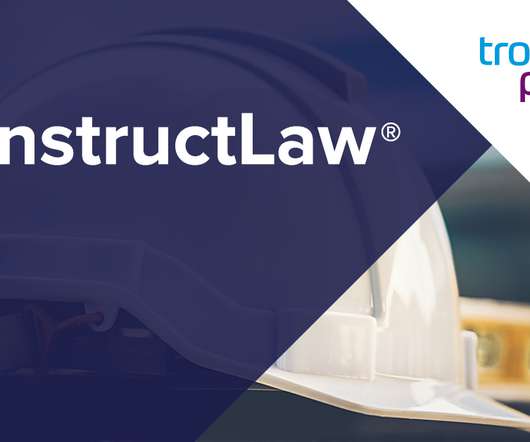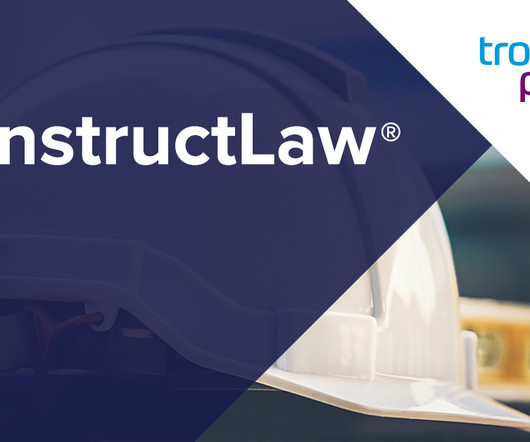Twists and Turbines — A New York Case Highlights an Owner’s Risk When Not Using Full-Wrap EPC Delivery
Constructlaw
NOVEMBER 22, 2022
In conclusion — it is not uncommon for an owner to separately contract with the major players on a construction project, as opposed to entering a full-wrap EPC agreement, but such an arrangement presents certain risks. Two of the most notable risks are scope gaps, and as demonstrated in this case, liability gaps.











































Let's personalize your content